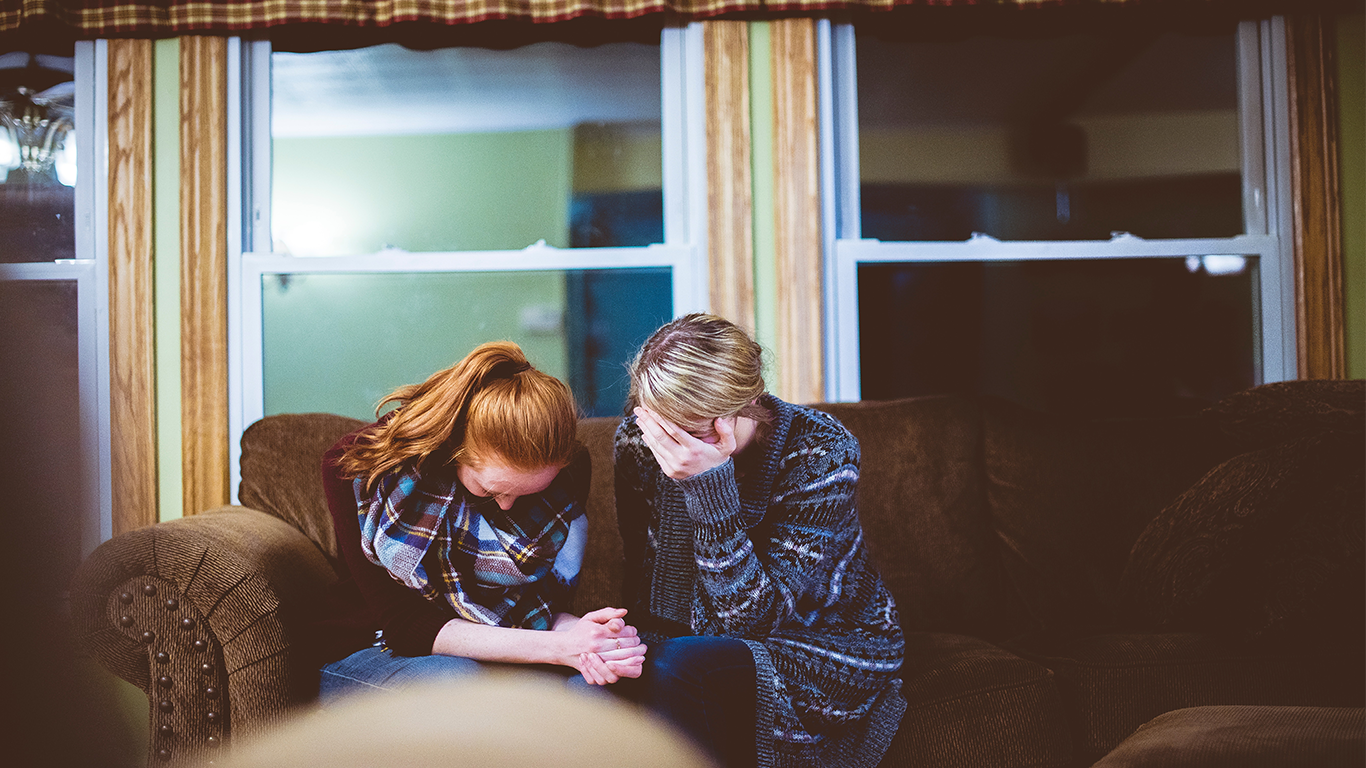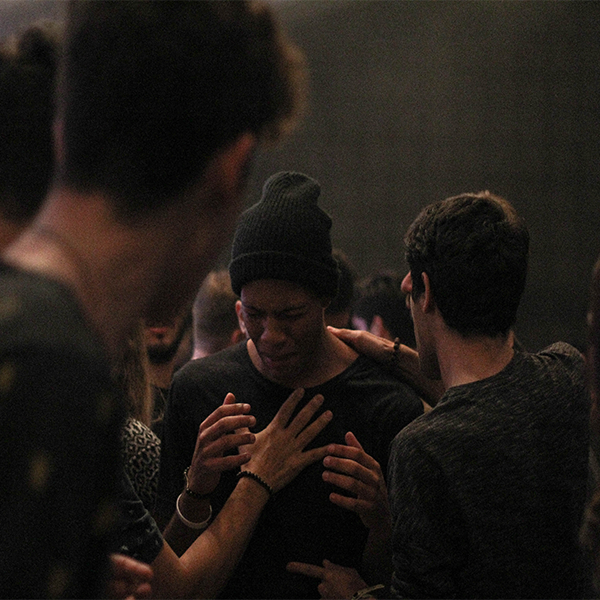
Let’s start with the basics. Most Evangelicals I know want to minister to their LGBT+ friend, son, or daughter but don’t know how. Church teaching has failed them. Theologians have warned them. And lobbyists have frightened them. And yet, I consistently encounter enough people who are dissatisfied with the cultural wars and asking, “how?”

Human Problems
Here is every Evangelical’s problem. How do you minister to LGBT+ people while holding to a classic interpretation of the Bible’s teaching on human sexuality? Finding an answer to this question has become part of my life’s work. Answering this question thoroughly, however, is beyond the scope of a blog post. So let me propose a starting place — applying God’s grace.
Years ago I embarked on a journey to answer one crucial question. How?
I didn’t ask “why?” Only “how.” Let’s forget about the “why” question for now.
My reason for asking this question had little to do with my own story. I’ve never experienced sexual attraction to another man.
But I have struggled with questions of identity, sexuality, and faith. These are challenges that all of us face. They’re human problems.
Because I’m a human being, I know what it’s like to wrestle with broader questions of life — who am I, why do I feel a certain way, and why am I not like other people? For most of us, these are questions that we can all relate to. That’s not to minimize the unique challenges facing LGBT+ persons, but to point out the similarities we all experience as members of the human race.
When I factor my sexuality into the matrix of potential answers to those questions, my ability to relate to fellow members of the human race is easier.
So to begin, we need to realize that questions of sexuality are fundamentally human problems, not just homosexual, bisexual, transsexual, heterosexual, intersexual, or asexual problems. We start with people, not conditions, orientations, or “lifestyles.”
LGBT+ concerns are unique when you stop and consider the history of abuse, ridicule, and violence endured by LGBT+ people. We must recognize the constellation of factors in answering the “How” question.




Faith and Sexual Expression
At the core of the problem for Gay Christians is wrestling with what “feels” natural and what they are taught is morally wrong, mainly if one’s faith limits human sexuality to heterosexuality alone.
Dr. Mark Yarhouse describes these limits as “valuative frameworks.” These are “values, beliefs, or religion” that help us translate our world. And at times, they can be at odds with other aspects of our life. When these conflict with other desires, it can lead to incredible stress and emotional exhaustion.
We must remember that individual feelings are unique to each person. They are essential to our humanity. Denying how a person feels is to dismiss a core part of their reality. We are “feeling” creatures.
Evangelicals must be careful not to be dismissive of another person’s feelings. When we do that, we sound foolish, insensitive, and even ignorant.
When a man feels attracted to another man, that attraction is real, palpable, and dare I say genuine. That is not to dismiss any moral considerations but to acknowledge that a person’s attractions as genuinely felt and real.
Acknowledging our feelings as human problems leads us to an obvious question. Is it possible that our “sexual feelings” can be at odds with God’s revelation?
Sadly, yes. That seems like a very cold and terse response. In truth, as a pastor, I wish I could affirm genuine heartfelt relationships between two people of the same gender. After all, what harm is there if two individuals love each other, cherish one another, and even take a lifelong oath committing to each other?
Humility and Compassion
Of course, how you answer that question greatly depends on how you read the Christian Bible and what it teaches. So as a pastor, professional coach, and theologian who holds to a traditional reading of scripture, I must assume that God has some reason, but I don’t fully understand.
To the LGBT+ person who just read that line and found yourself recoiling a bit, let me be clear as I can about one point.
Because I’m led to assume that God knows something that I do not, it does not mean that I must search for answers where God has not revealed them. There have been many attempts to offer up arguments based upon different readings of scripture explaining why sexual relationships are limited to husbands and wives. Some of them I find quite beautiful. Other’s, less so.
But I acknowledge that even though something may be intellectually sound and even persuasive, it does not alleviate the passions or convictions one may feel. Even further, it can reinforce one’s shame. That is because most of the time, theological arguments are aimed at the head and not the heart.
We Evangelicals must take the humble posture and say, “this is what I believe God teaches,” but I do not always understand why. Humility and compassion for humanity are what compelled the Savior to leave the throne room of God and descend to earth (Phil. 2:1-11).
But I must be quick to point out that because we do not understand something today does not preclude more light in the future. Growth, learning, and evolution are all that entail being human and in a relationship with the Divine Lord.
And this is where I believe answering the “How Question” must begin. When we recognize that issues about sexuality are human issues, then we can at least begin to lower our guard and defenses. We can respond with compassion and mercy because we are all in this together. That is grace.





